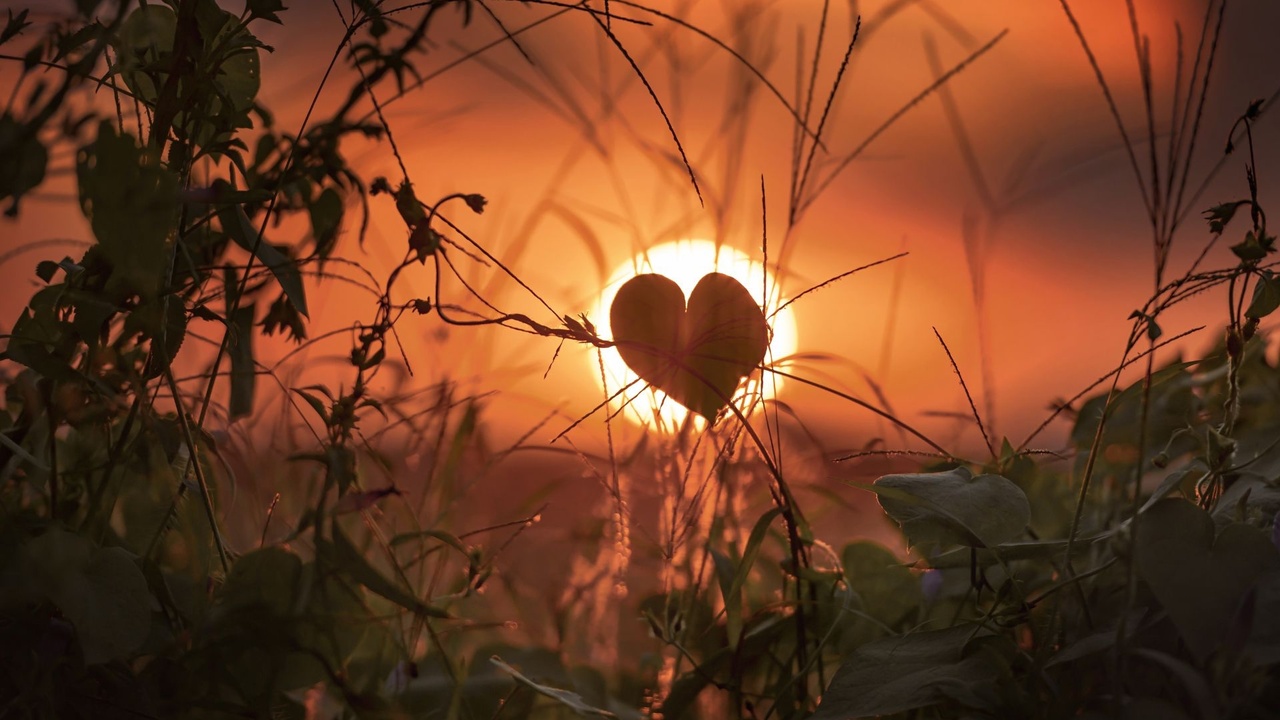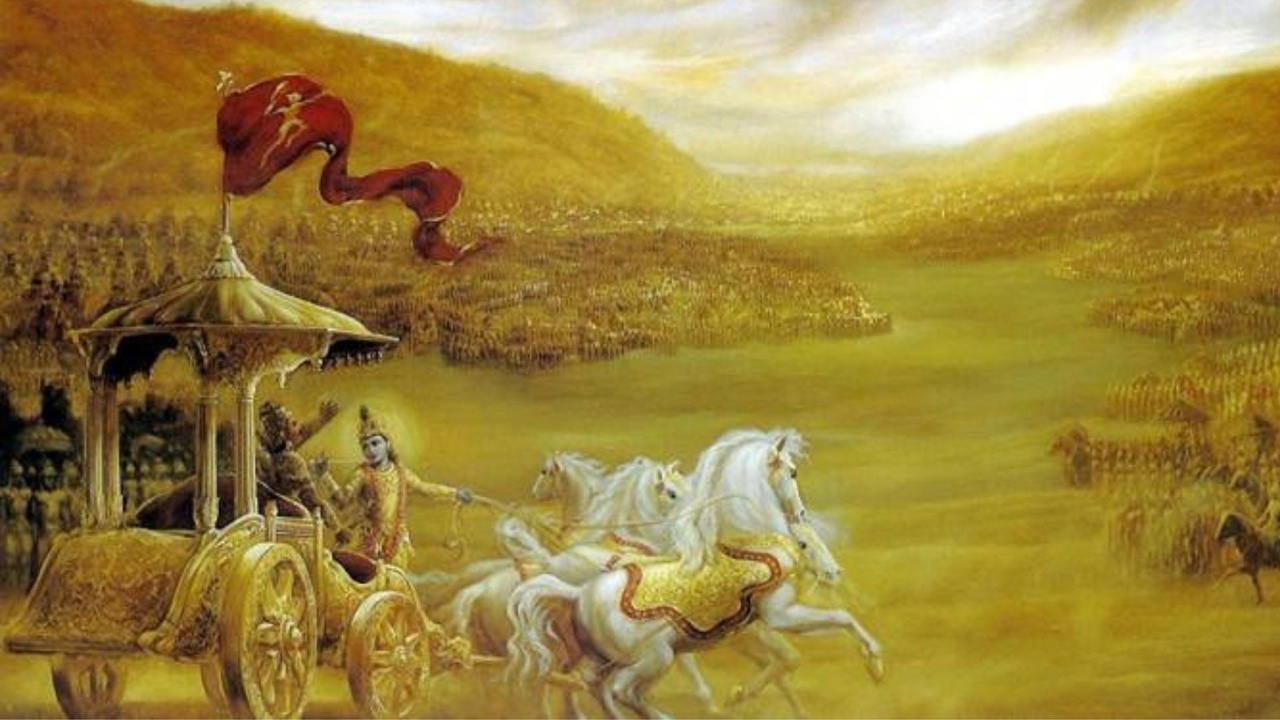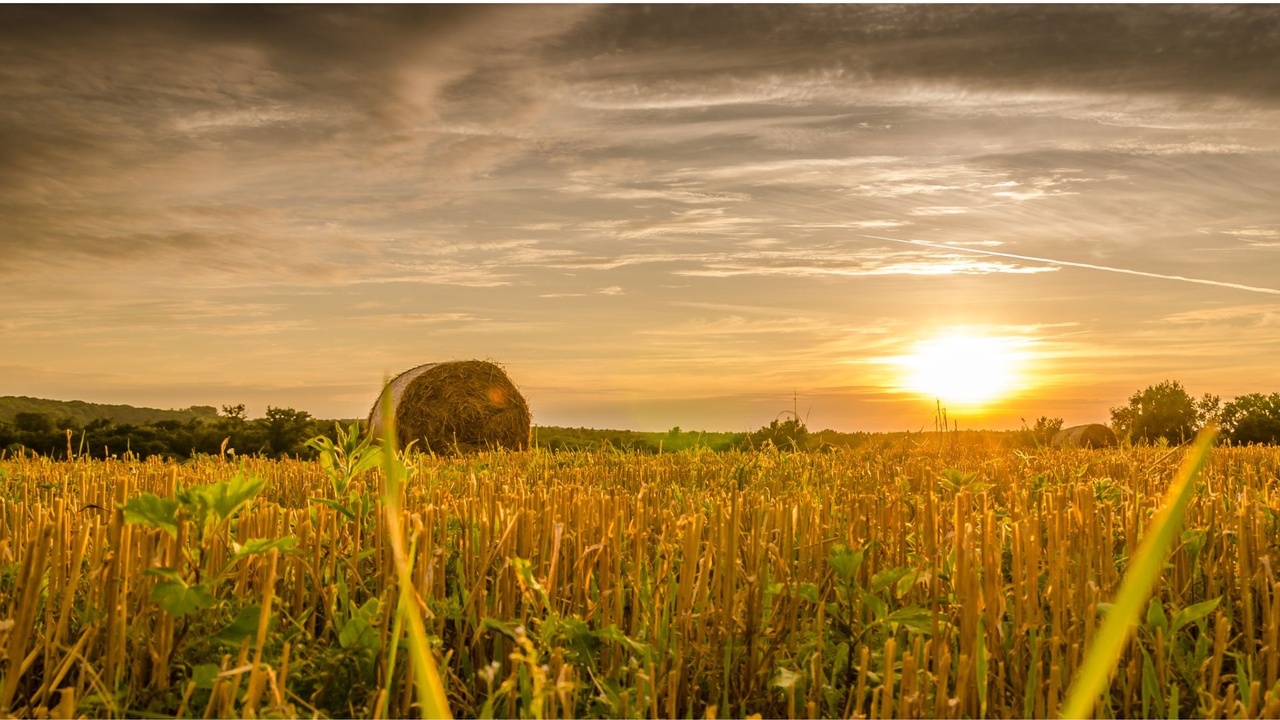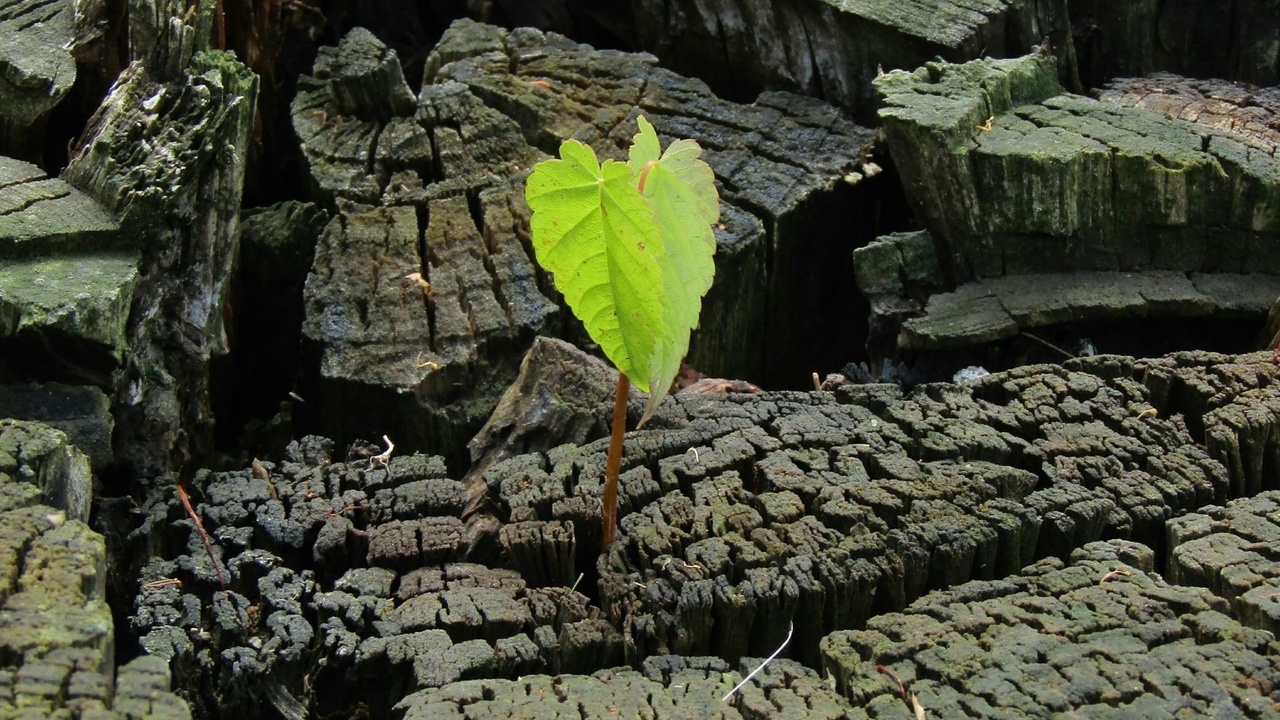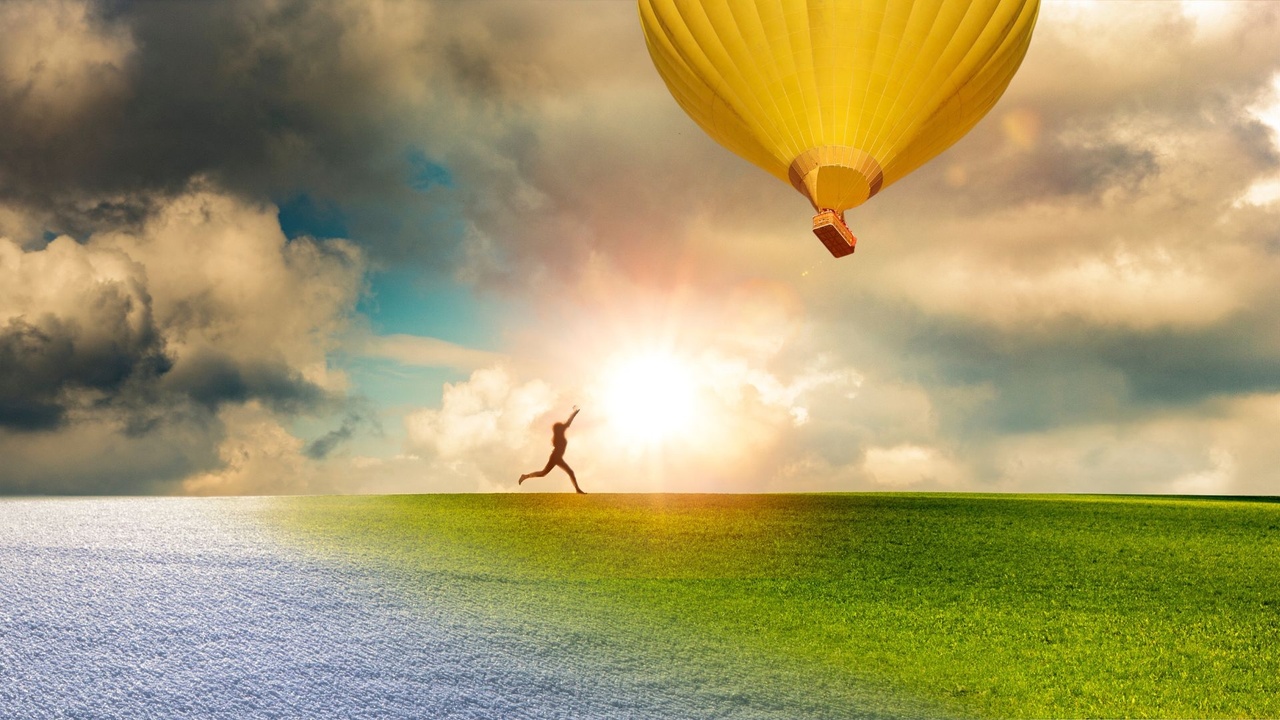Beyond Asana Blog
My weekly blog is a forum for contemplative inquiry into the intersection of yoga practice, traditional teachings, and real life.
In a moment of near-perfect irony, no sooner did I get settled on the couch to begin writing this post than I was interrupted by my teenage daughter, who was getting ready for school and asked me for help making breakfast.
It’s an example of the classic paradox for us householder yogis and a question I’m often asked: How do you balance your commitment to going deeper in yoga with honoring your roles and responsibilities in the world? Is it possible to do both?
This is an especially challenging dilemma to resolve if we consider Classical Yoga - the yoga of Patanjali and the eight-limbed path - to be our only option. In fact, Classical Yoga was originally designed as a renunciatory path....
Did you hear the news out of Alaska last week that the annual winter snow crab season was cancelled, for the first time ever, because of a decline in the crab population that’s likely due to the warming of the Bering Sea?
For me, it was another sad reminder of the fragility of the world’s precious ecosystems. I know I’m not alone in feeling a sense of grief when thinking about the future of life on earth, or in the deep desire to contribute to the healing and sustaining of life on our beautiful, miraculous planet.
Collective grief happens when a community or a society experiences extreme change or loss. It can manifest in the wake of major events such as war, natural disasters, or any other...
Recently, a yoga friend asked me why I don’t often speak or write about my spiritual experiences.
While I do share my inner experiences in yoga in specific contexts, it is also true that I’m selective about how, when, and with whom I speak about them. I am protective of my spiritual experiences because they are so meaningful and precious to me.
In an era where it can feel like we’ve barely finished doing something before we feel the urge to share it, I think there are some important reasons for holding your inner experiences in yoga close.
For one thing, deep spiritual experiences take time to assimilate. You might have noticed that the most significant moments on your inner journey c...
Over the past month, I’ve been participating in the Work that Reconnects with an online practice group. This is a set of teachings and methods developed by root teacher Joanna Macy that are aimed at deepening our capacity to act for the sake of life on earth.
As part of this process, last week we explored concept of ‘deep time.’ It offers a fascinating reframe of how we envision and relate to time.
Usually, we think of and experience time as moving in a linear way, as a continuum of past, present, and future. Deep time posits another intriguing possibility: what if we could experience time as existing in concentric circles, with us in the present at the center, surrounded by the past ...
I recently had the good fortune to spend time with a dear friend and mentor who was nearing the end of her life. I was so inspired by the joy, courage, and intentionality with which she was living her final days. At 86 years old, she told me how immensely grateful she felt for having lived a wonderful and full life.
As we sat in her backyard drinking coconut water on a hot afternoon, she shared with me that the most important thing she felt she needed to focus on was forgiveness. This included forgiving herself for any circumstances or situations that might feel incomplete, forgiving others unreservedly, and asking for forgiveness from others whom she may have hurt or wronged, either kno...
Over the years, I’ve observed two common misconceptions practitioners have about yoga philosophy that Prof. Bill Mahony pinpointed in a recent conversation:
One is, “it’s not for me.” We might feel that yoga philosophy is too hard to understand, too foreign, too old, or too removed from our current context to be applicable to our lives.
The other, kind of the opposite, is a “been there, done that” attitude. We might have learned a little bit about yoga philosophy and concluded we already know it and therefore, there’s nothing left for us to learn.
In my experience, both are unfortunate, because they keep us from availing ourselves of the brilliant, exceedingly relevant, and timeless wisdom a...
We’ve arrived at Late Summer in the Northern hemisphere, the fifth season of the year according to the Five-element theory of Traditional Chinese Medicine that begins around the third week in August and lasts until the Fall Equinox.
It’s a transitional season when the fiery, outward energy of Summer gradually gives way to the earthy, inward quality of Autumn. It’s a time of ripening and transformation in nature when the last bursts of growth happen before the Fall harvest.
For us as yoga practitioners, it’s a great time for self-nurturing, taking time to reflect on the lessons and experiences of the summer, and going a little bit slower when you can to find grounding and stability as we...
Pause. Breathe. Notice what you are thinking right now.
The idea that humans are self-relational creatures—that we can know what's going on in our minds—might seem obvious, simple, and perhaps basic to what we know and experience to be true in yoga. Yet, it’s an extraordinary notion when you consider its implications.
Anthropologists would say we are participant-observers. We participate in our inner and outer lives, and we can also stand back and observe ourselves from an outside perspective.
I believe that this is one of the major ways that transformation happens in yoga. As we practice, we create just enough distance from our mental states and thoughts to be able to see and know them. As a...
I often tell students that yoga isn’t a quick fix, but it’s a real fix. With consistent practice over time, yoga supports our whole selves to be better and to live better.
This is why making our practices new - again and again and again – is such an important part of yoga. Learning how to continue with yoga when we become bored, or our practices start to feel lackluster, is necessary to reap the benefits of a regular and long-term engagement with our practice.
In a world of infinite opportunities for distraction, this skill has only gotten more vital to sustaining an interesting and relevant yoga practice.
One of the best ways I’ve found to stay committed to your yoga practice is to make a ...
|
"If you don’t want to change, don’t do yoga" |


